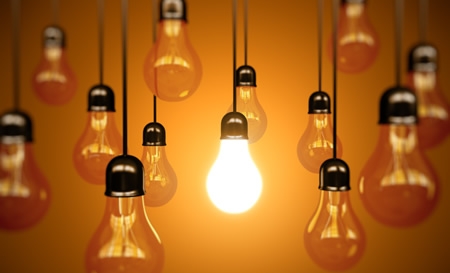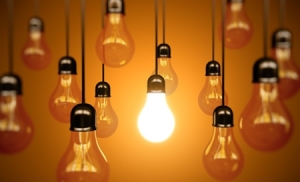Regulator Sets Tariff: Discontented Companies Plan Power Cuts in Autumn
Earlier this year, the largest Georgian energy distributor companies asked the Energy and Water Supply Regulatory Commission (the Regulator) to increase the tariff for which they sell generated electricity to distributor companies.
Mtkvari Energy requested an increase from its current tariff of 7.17 to 12.75 Tetri per kWh, Georgian International Energy Corporation (GIEC) wanted its tariff to be increased from its current 7.319 to 13.98 Tetri. gPower and Energo Pro Georgia also addressed the Regulator seeking a tariff increase.
On July 22, the Regulator, acting at the request of the companies, approved Mtkvari Energy to raise its tariff to 10.871 Tetri and GIEC to increase its tariff up to 10.194 Tetri per kWh. It also authorized gPower to increase its tariff by 1.8% to 7.534 Tetri (not including VAT) per kwh of electricity.
The companies have expressed their discontent with the tariff set by the Regulator and have demanded a higher increase to cover their costs. According to Zurab Gelenidze, Chief Financial Officer of Georgian Industrial Group (GIG), a parent company of Georgian International Energy Corporation (GIEC), the sustainability of the entire system will become “questionable” as a result of the Regulatory Commission's refusal to approve a tariff hike at the level requested by the companies.
Mikheil Botsvadze, a senior executive of Energo-Pro Georgia said that “if it continues this way, planned power cuts may be imposed by November-December”.
Dismissing the companies’ claims, Deputy Energy Minister, Mariam Valishvili, told the Georgian public broadcaster that the tariff set by the Regulator is neither low nor high. She claimed that it is exactly what it should be, defined by the relevant methodology, and therefore this price should guarantee that there will be no problems with electricity supply.
Energy Minister and Deputy Prime Minister Kakha Kaladze, confirmed that the energy companies are indeed in an uncomfortable condition, though he claimed the government will consider allocating a subsidy if the electricity tariff correction is unchanged in order to maximally protect the interests of both the energy companies and the population.
On July 23, the Regulatory Commission also ruled on a separate request from Energo Pro Georgia, increasing electricity price by 3,95 tetri (VAT included) for customers in the regions.
Yet, electricity tariff hike is expected in the capital as well. A Tbilisi electricity distributor Telasi has followed suit and filed a request with the regulator on July 23 asking for a tariff increase for its customers in the capital city.
“There is the probability of an increase in the electricity tariff, as all companies have to buy electricity for the same prices, but in any case the Regulatory Commission will calculate the tariffs for TELASI as well,” said the Energy Minister. “This energy is imported; it’s not Georgia’s electricity, that’s why we are aiming to use all resources of Georgia such as water and wind energy, and why hydroelectric stations are being built. We mustn’t be dependent on our neighbors, we should have our own supplies," he added.
Georgian Dream, the current ruling party, had campaigned for electricity tariff reduction during the election campaign in 2012. Due to the pre-election promise, electricity tariffs for some categories of households were reduced in 2013. Signs of a possible electricity tariff hike first emerged several months ago following the rapid depreciation of the Georgian Lari against the US dollar.
In May, the Energy and Water Supply Regulatory Commission rejected a request by the water supply company in Tbilisi to increase their tariff.
Nino Japarashvili and Nina Ioseliani












